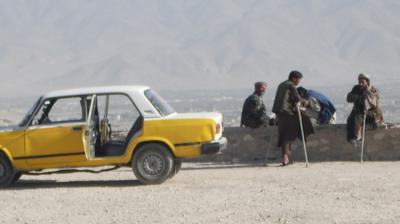Hunting for Per Diem: The Uses and Abuses of Travel Compensation in Three Developing Countries
Cash is a great incentive. The last decade has seen a boom in various forms of cash incentive programmes, from the conditional cash transfer programmes that emerged in Latin America in the late 90’s, providing cash to budget-constrained households conditional on sending children to school and for health check-ups, through to results-based financing and cash-on-delivery programmes, very much in vogue today, whereby governments only receive funding when they can show an agreed-upon progress on certain outcomes and results. While the incentives usually work, the potential adverse and unintended effects need to be kept an eye on; fertility rates may increase as a result of cash per child, sector results not in the government-donor contract may be neglected. When the compensation employees of public and private organisations get for extra expenses incurred when on workshops and seminars away from their normal duty station is substantially larger than their actual expenses, such per diems or allowances gain the same role as ‘conditional cash’. And while it does ensure an incentive to attend such events, it equally provides a number of potentially perverse incentives.
Capacity building is a central concern of development efforts in general, and in Africa in particular. A large portion of development aid is spent on seminars and workshops to enhance competence and efficiency in state administrations as well as in civil society organisations. While there can be little doubt that the government staff, NGO staff and civil society employees attending such training and awareness-raising events learn something and upgrade their skills, the effectiveness of these workshops is a sadly understudied and underreported area.
This study focuses on the potential abuses of the current mix of per diem and allowances systems.






